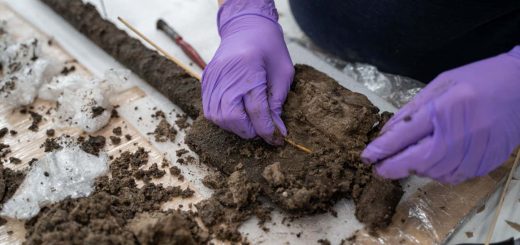Keeping space tidy should become a global UN goal, say researchers
The United Nations has 17 sustainable development goals that all member states have signed up to in an effort to balance economics and the environment – and now researchers say we need a new one to ensure we keep space junk under control
By Jonathan O’Callaghan
9 January 2025
An artist’s impression of the space junk orbiting Earth
Mark Garlick/Science Photo Library/Alamy
The rising threat of space junk should be tackled by a new global agreement to safeguard Earth’s orbit, say a group of researchers who are calling for the United Nations to make the protection of space a key international goal.
Although there are existing guidelines to tackle space debris, such as the UN Outer Space Treaty of 1967, the researchers, writing in the journal One Earth, call for further action to “increase awareness about the use of orbital resources and the growing risks of orbital pollution, whilst sending a strong message that Earth’s orbit is not disconnected with Earth”.
Read more
Dozens of stars show signs of hosting advanced alien civilisations
Advertisement
Specifically, the team proposes that the protection of space be added to the UN’s existing sustainable development goals (SDGs), which are 17 broad objectives set for member states to achieve by 2030. These include eradicating poverty, promoting quality education and gender equality, ensuring access to affordable and clean energy, and tackling climate change “They were set up to provide a sustainable future,” says team member Heather Koldewey at the Zoological Society of London. “But there is nothing for space.”
To rectify that, the researchers want to add an 18th SDG, with pledges that include ensuring satellites and rockets are removed from orbit at the end of their useful life to prevent collisions and the creation of new debris, and the introduction of fines and legislation to ensure accountability. “We know from the oceans that removing debris once it’s there is extremely challenging,” says Koldewey. “We want to avoid the same thing happening in space.”
The number of active satellites in orbit has rocketed in recent years, from fewer than 3000 in 2020 to more than 10,000 today. The bulk of that increase is down to around 7000 satellites that make up SpaceX’s Starlink space internet mega constellation. Many thousands more are planned by other companies and countries, including Amazon and China, as they create their own large constellations. On top of this, there are thousands of empty rockets orbiting Earth and millions of pieces of space junk.


